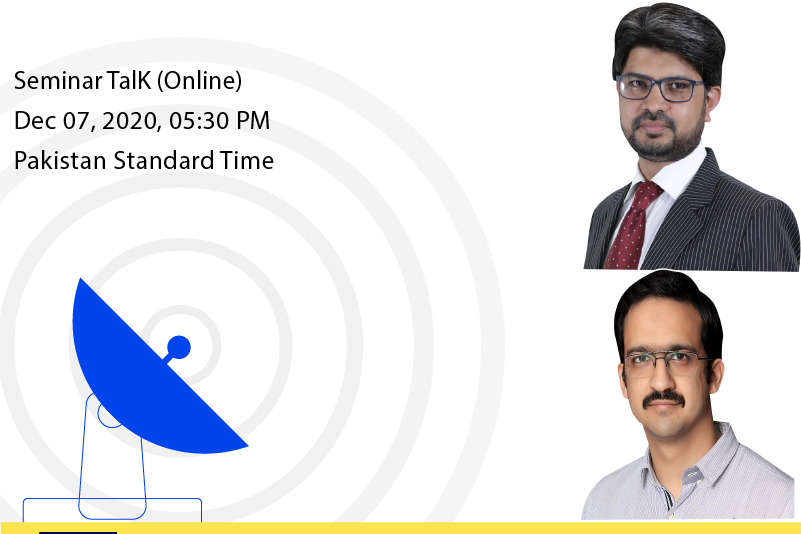
Micro-Doppler Signatures and Multi-Antenna Radars: Research Directions, Challenges and Opportunities
Multi-antenna radar systems are being used for an improved quality of target information. Multi-static radars offer diversified degrees of freedom and arbitrary geometrical patterns that can be exploited according to the target specifications. Today, with high resolution multi-antenna radars and the corresponding modern signal processing techniques, the extraction of micro motion features has become feasible. Thus, distributed radar micro-Doppler signature-based approach is a new method for non-cooperative target identification, recognition, and classification. This talk will introduce fundamentals of micro Doppler signatures and multi-antenna radar systems. How time frequency analysis of micro-Doppler Signatures is used to carryout target detection and identification. We will discuss the use of MIMO or distributed radars as possible solution for detection and identification micro-Doppler signatures of low RCS targets. In addition, we will discuss the current and future research on micro-Doppler based radar applications, challenges and opportunities for researchers working in the area of radar signal processing.
“Micro-Doppler Signatures and Multi-Antenna Radars: Research Directions, Challenges and Opportunities” by Dr Ijaz Haider Naqvi and Dr Faran Awais Butt. The online seminar took place on December 07 2020 at 5:30 PM Pakistan Standard Time.
About the speakers:
Ijaz Haider Naqvi has been affiliated with LUMS since 2010. He received his B.Sc. Electrical Engg. from UET Lahore (2003), Masters in Radio Communications degree from SUPELEC Paris (2006) and Ph.D. degree in Electronics and Telecommunications from IETR-INSA Rennes, France (2009). He was a visiting Associate Professor at University of Maryland College Park in 2019 where he worked on reliability and degradation analysis of Lithium Ion Batteries. He has got several years of research experience in the wireless communications, applied signal processing, MIMO radar systems, and reliability and degradation analysis of Systems. His current research focuses on 5G and 6G communication systems, micro Doppler applications for radars and diagnostics and prognostics of electronic systems using stochastic modelling and data-driven techniques.
Faran Awais Butt received the B.Sc degree in Electrical Engineering from University of Engineering and Technology (UET) Lahore, Pakistan in 2009. He did his Master's degree in Computer Engineering from Lahore University of Management Sciences (LUMS) in 2012. His research interests include Phased array, MIMO radars, FMCW and optimization. He was granted a US patent in the area of radar signal processing back in 2015. He has a number of publications and presented his work at numerous forums worldwide. He also won the Young Leaders Development Award from the Ministry of Planning, Division and Reforms in 2016 followed by Research Productivity award in the year 2017. He completed his PhD degree in Electrical Engineering from Lahore University of Management Sciences (LUMS) in 2019-20. During his PhD degree, he also worked as Visiting Researcher at the Radar Group of University College London (UCL), London, UK. Currently, he is working as Assistant Professor at University of Management and Technology (UMT), Lahore.

